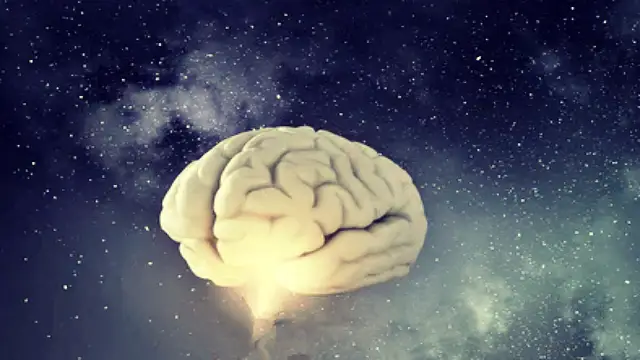In my 15 years of experience in the mental health field, I’ve learned one important truth: everyone seeks well-being and happiness. This desire drives all our actions, even if they seem different on the surface. However, finding true happiness can be challenging. Many people struggle to understand what real happiness looks like and how to achieve it.
The Quest for Happiness
Happiness is a deeply personal journey. It’s not just about external circumstances; it comes from within. This internal truth is often hidden beneath layers of stress, pain, and emotional turmoil. In my work, I focus on helping individuals explore their paths to well-being and happiness.
Understanding Internal Well-Being
The first step in this journey is recognizing that happiness is achieved from the inside out, not the outside in. It requires a focused effort to uncover and maintain your inner truth. While everyone has the potential for happiness, it can be hard to access when you’re dealing with physical, mental, or emotional pain.
The Mind as an Obstacle
One of the biggest challenges to achieving well-being is the mind itself. When we experience discomfort, our thoughts can amplify that pain, making it feel even worse. This mental clutter can be a significant barrier to finding peace and happiness.
The Role of Acupuncture
In my acupuncture practice, I help clients navigate through these mental layers. Acupuncture is a holistic approach that addresses both physical and emotional issues. By relieving physical pain and discomfort, I guide clients toward their internal resources for healing.
How Acupuncture Works
Acupuncture involves inserting thin needles into specific points on the body. This practice stimulates the body’s natural healing processes. It can help reduce pain, improve mood, and promote relaxation. Here are some key benefits of acupuncture for mental and emotional wellness:
- Reduces Stress: Acupuncture can lower stress levels by promoting relaxation and reducing tension in the body.
- Improves Mood: Many clients report feeling happier and more balanced after acupuncture sessions. This is due to the release of endorphins, the body’s natural feel-good hormones.
- Enhances Sleep Quality: Better sleep can lead to improved mental clarity and emotional stability. Acupuncture can help regulate sleep patterns.
- Balances Energy: Acupuncture helps balance the body’s energy, or Qi. This balance is essential for overall well-being.
- Supports Emotional Healing: By addressing both physical and emotional pain, acupuncture can facilitate emotional healing and resilience.
A Holistic Approach
It’s essential to treat the whole person, not just the symptoms. In my practice, I combine acupuncture with personal guidance and counseling. This holistic approach allows clients to explore their feelings and thoughts while receiving physical treatment.
Client Success Stories
Many clients have found success through this combined approach. For example, one client came to me struggling with anxiety and chronic pain. After several acupuncture sessions, they reported significant improvements in both their physical discomfort and emotional state. They felt more in control of their life and better equipped to handle stress.
The Cumulative Effect
The cumulative effect of acupuncture, energetic corrections, and personal counseling has proven effective in helping clients achieve lasting well-being. It’s about creating a supportive environment where individuals can explore their inner selves and find their path to happiness.
Conclusion
Acupuncture is a powerful tool for enhancing mental and emotional wellness. By addressing both physical and emotional pain, it helps individuals uncover their inner happiness. If you’re seeking a holistic approach to well-being, consider exploring acupuncture. It may just be the key to unlocking your path to lasting happiness.
Remember, the journey to well-being is personal and unique for everyone. With the right support and tools, you can find your way to a happier, healthier life.

